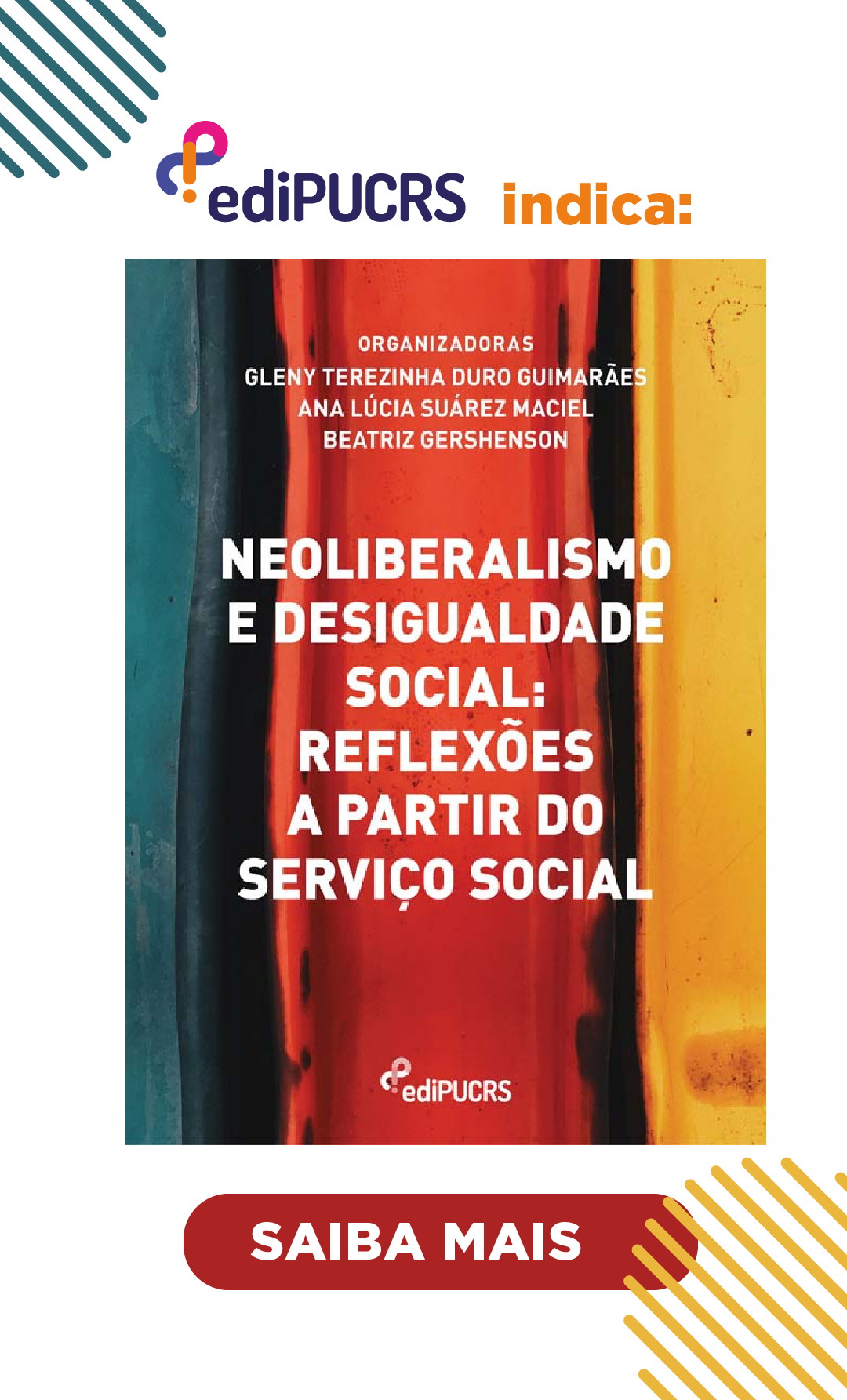Family Living: a right for institucionalized child and adolescent
Keywords:
Família. Institucionalização. Morosidade.Abstract
Children and teenagers are citizen of rights, protected by specific legal warranties, among them to the family living, which is understandable as a prime factor for a full and worthy development. Many times, this right is violated once the family is unprotect by the state and the civil society, and most of time, for the lack of effectiveness of social politics, not achieving the minimum condition to provide the basic requirements, characterizing a risk situation for the family, usually for the child and teenager, occasion that has the possibility of institutionalization, which can last years, among the child countless tries to stay with the biologic family. In this period, that remains institutionalized, the time do not remain static, the child develop itself, and, after a considerable time, its situation is solved, which result in two possibilities: come back to the biologic family or destitution of the family power, being forward to adoption.Key words – Family. Institutionalization. Slowness
Downloads
Downloads
Published
How to Cite
Issue
Section
License
Copyright
The submission of originals to Textos & Contextos (Porto Alegre) implies the transfer by the authors of the right for publication. Authors retain copyright and grant the journal right of first publication. If the authors wish to include the same data into another publication, they must cite Textos & Contextos (Porto Alegre) as the site of original publication.
Creative Commons License
Except where otherwise specified, material published in this journal is licensed under a Creative Commons Attribution 4.0 International license, which allows unrestricted use, distribution and reproduction in any medium, provided the original publication is correctly cited.





